As its name suggests, The Other Africa aims to provide a different view of the continent. Founded by acclaimed journalist Jean-Baptiste Placca this Paris based, pan-African monthly was started in 1997 in response to the clichéd, reductive and often pathological depiction of Africa in the Western media. In contrast The Other Africa sought to force the diversity of opinion, the multiple realities, unique terminology and complexities of daily life across a vast continent of over fifty nations. “Beside the Africa of all the calamities that we know (dictatorships, disease, AIDS, corruption, civil wars and everything else), there is also Africa that is serious, which makes constructive things.”
The Other Africa was thus characterized by rigorous investigation, in-depth analysis, detailed coverage and on-the-ground reporting. The journal is also a tool for teaching and writing for African journalists as “agents of development”.
The Other Africa was based in Paris but it was distributed widely both in Europe and Africa, taking advantage of the French communication and transport infrastructure provided by the global network of journalists, analysts and photographers. This is difficult to sustain and financial perspectives forced the Other Africa’s closure after only three years. In 2001 Placca resurrected the newspaper as a weekly, but despite a clearer
traduction française par Scarlett Antonio
Publi au Maroc en 1966, Lamalif a pris son nom des deux lettres de l’alphabet arabe qui forment le mot “la”, signifiant “non”. Ce jeu de mots malin résumait l’objectif du magazine. Lancé après la défaite de l’opposition marocaine (Union socialiste des Forces Populaires) par la monarchie, Lamalif était une forme de défit. “Le but dans cette tragique situation n’était pas de perdre espoir, de construire une alternative,” expliquaient les fondateurs, Zakia Daoud et Mohamed Loghlam.
Pendant ces 22 ans d’existence, Lamalif était caractérisé par sa rigueur intellectuelle et sa position politique radicale. Reportant sur les problèmes sociaux, culturels et économiques, d’un point de vue politique, il s’est affermi comme “un espace pour la réflexion et une force de défit considérable.”
Ses débats idéologiques parmi les journalistes, économistes, académiciens, politiciens et révolutionnaires devinrent des références intellectuelles mondiales et ont prouvé être fructueux dans le développement de nombreux écrivains et meilleurs penseurs marocains. Son intérêt sur les arts et la culture était également influents. Les reportages de Lamalif mettaient fréquemment en vedette le travail fait par des artistes et ses articles sur les films ont contribué à l’essor du cinéma marocain dans les années 1970.
Lamalif n’a néanmoins jamais été exclusif et s’est vite établi une place parmi un grand nombre de lecteurs différents. Ironiquement, ce fut ce succès qui mena les publications à leur ultime fin. Sa popularité et sa position de franc-parler attira la colère des autorités et il n’a pas fallu attendre longtemps avant que Daoud soit “considéré comme l’Ennemi Publique.” Après des années de menaces, de censures et saisies, Lamalif fut forcé de fermer définitivement en 1988.
PEOPLE
Jean Gourmelin, Abdellah Laraoui, Paul Pascon, Abdelkebir Khatibi, Abdallah Laroui, Fathallah Oualalou Oualalou, Abdelaali Benamour, Habib El Malki, Khalid Alioua, Bruno Etienne, Mohammed Jibril, Mohammed Tozy, Aboubakr Jamai, Salim Jay, Najib Boudraa
FAMILY TREE
- Almaghrib(1937)
- Jeune Afrique (1960)
- Al Mouharrir(1962)
- Addoustour(1963)
- Souffles (1966)
- Anoual
- TelQuel (2001), which founder Ahmed Reda Benchemsi initially wanted to call Lamalifin tribute.
RE/SOURCES
- Lamalif on Wikipedia
- Zakya Daoud, Les Années Lamalif, Tarik Editions, 2007
- Laila Lalami, “The Lamalif Years”, February 15, 2007
- Abdeslam Kadiri, “Portrait. Les mille vies de Zakya Daoud”, TelQuel, 2005.
- “An interview with Zakia Daoud”, APN, March 9, 2007
- “Rétrospectivee : Il était une fois la presse”, TelQuel




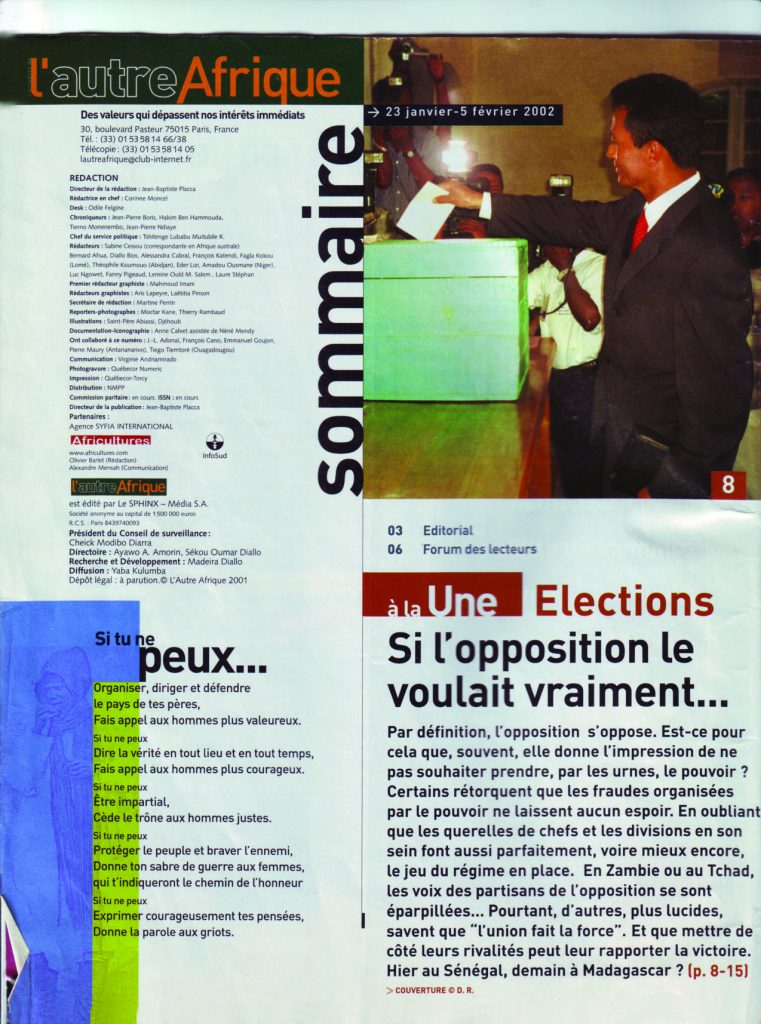










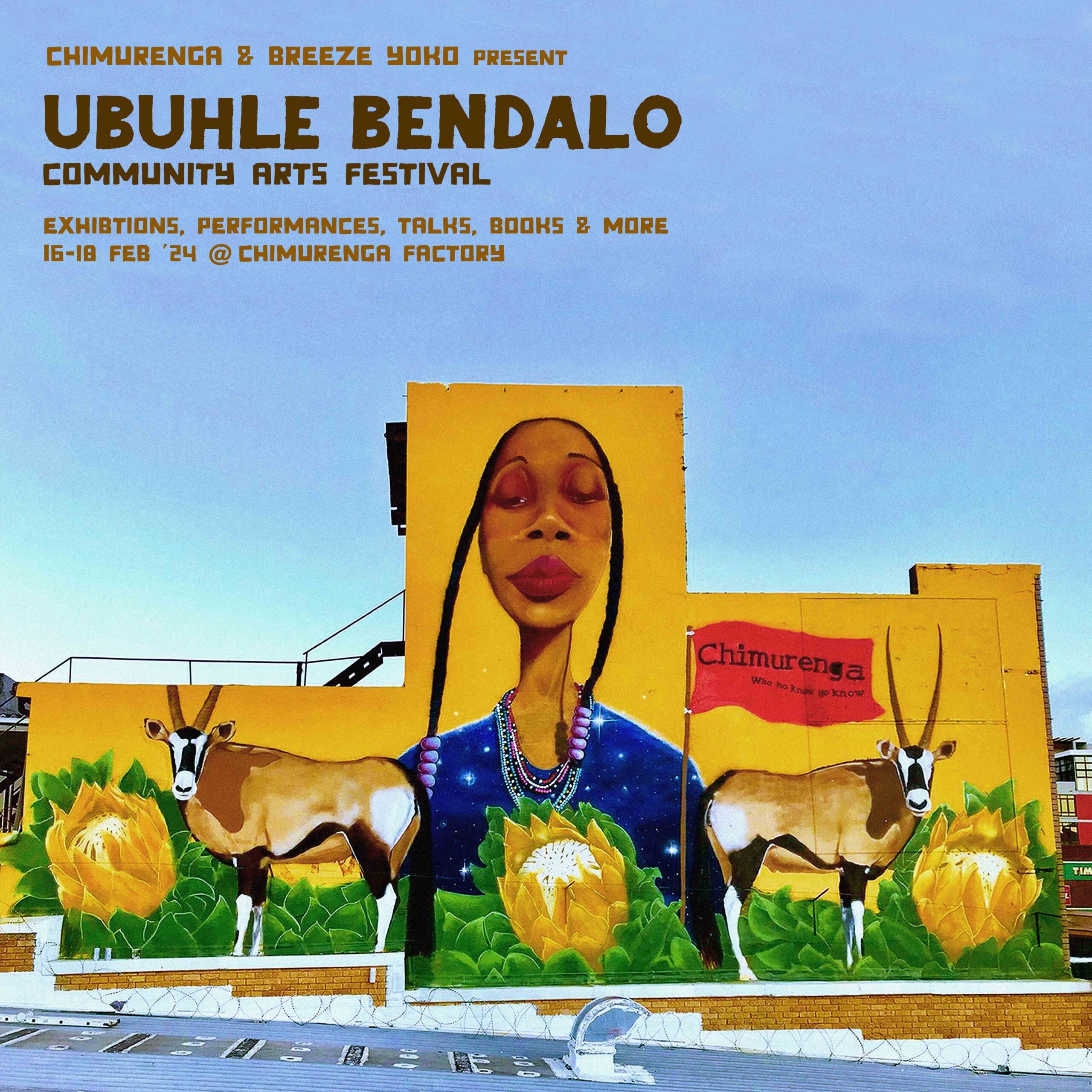








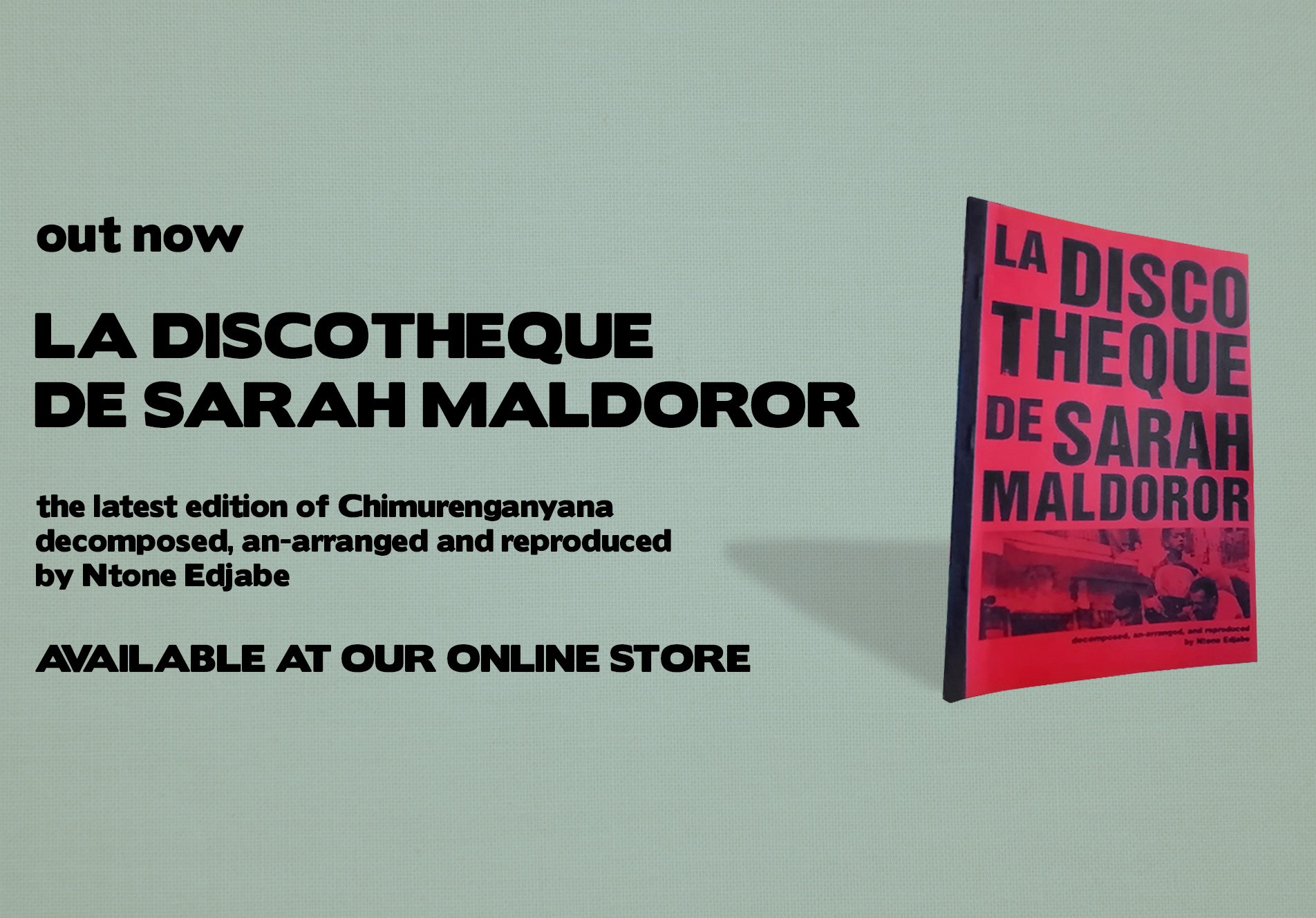












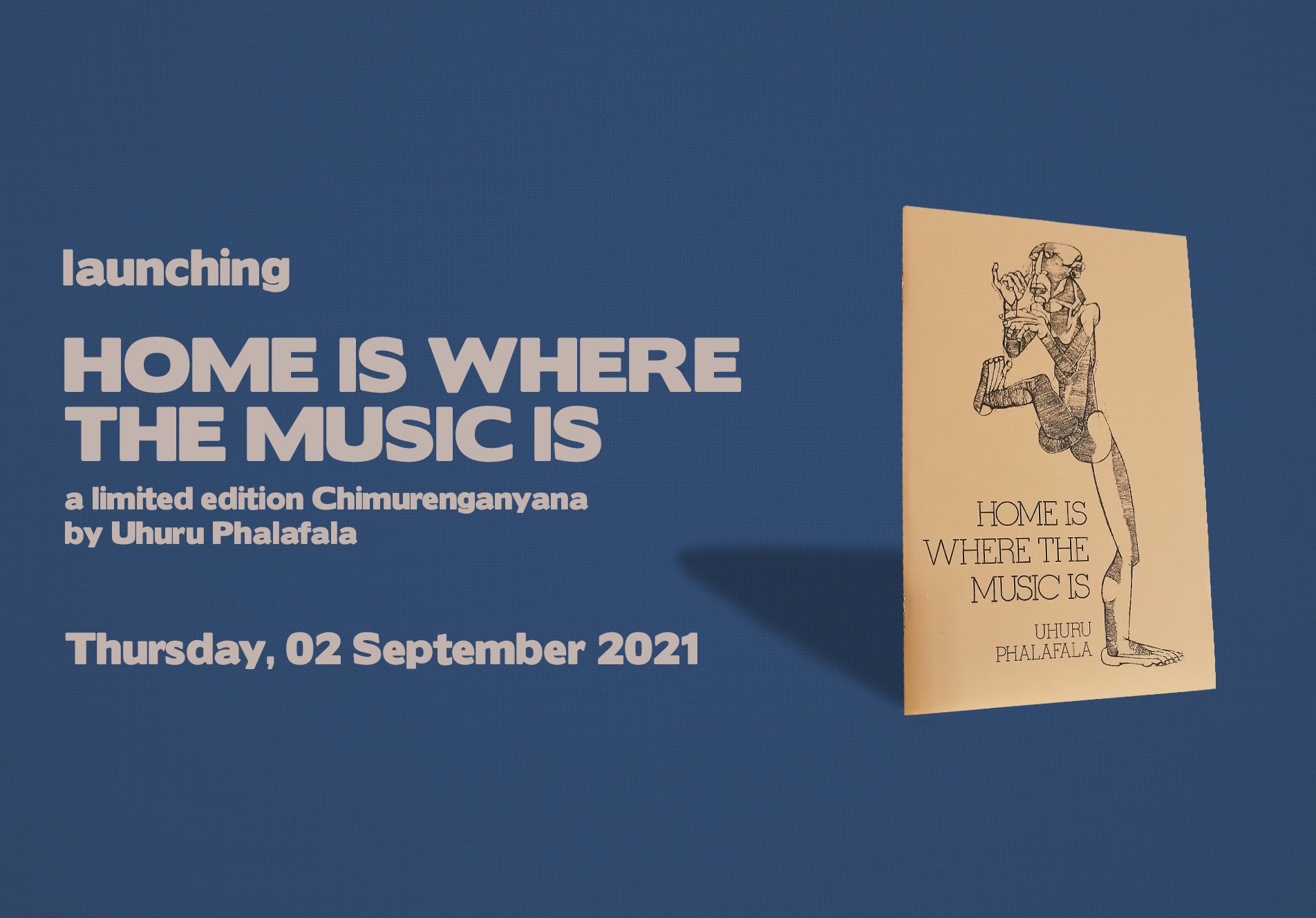









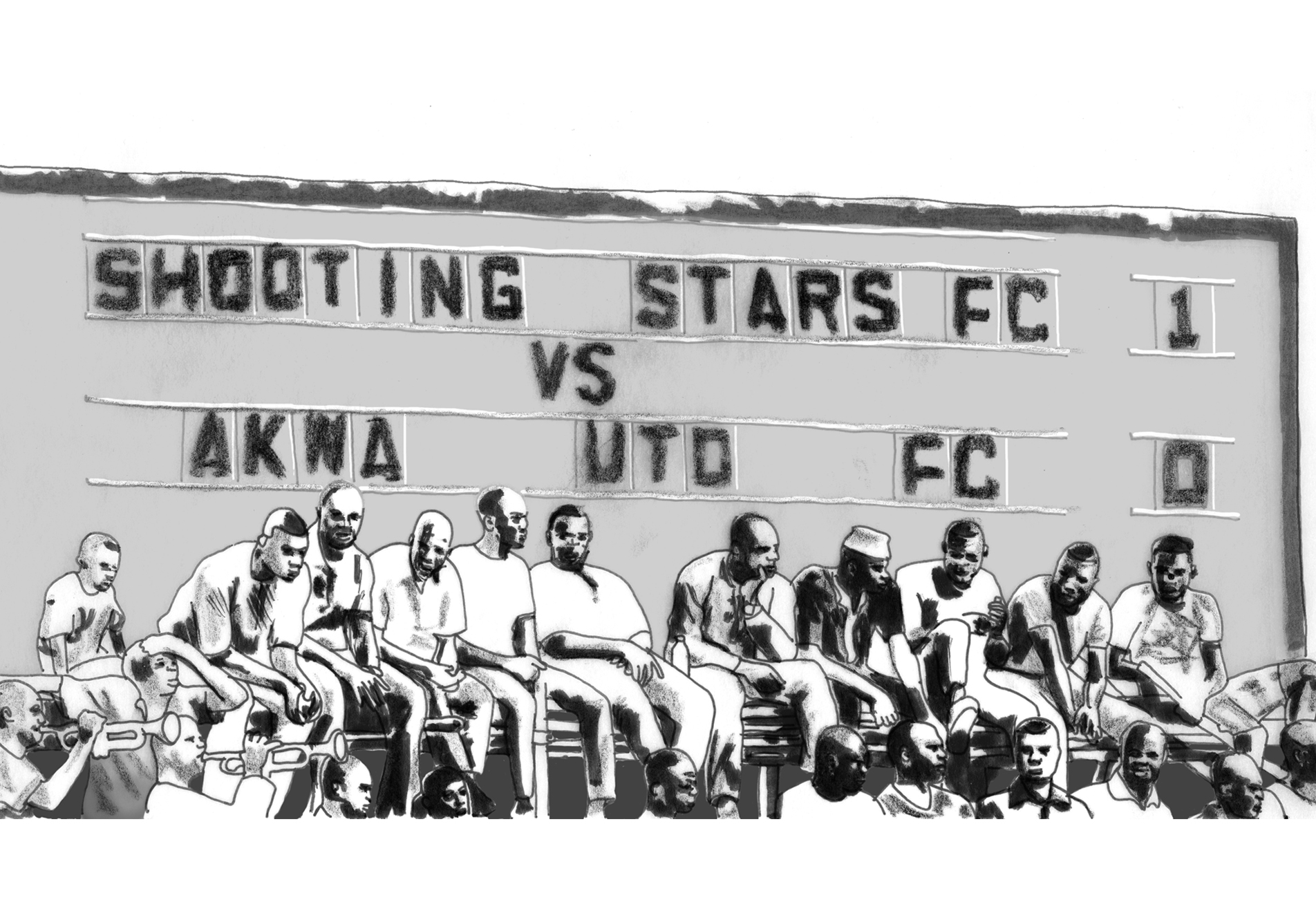




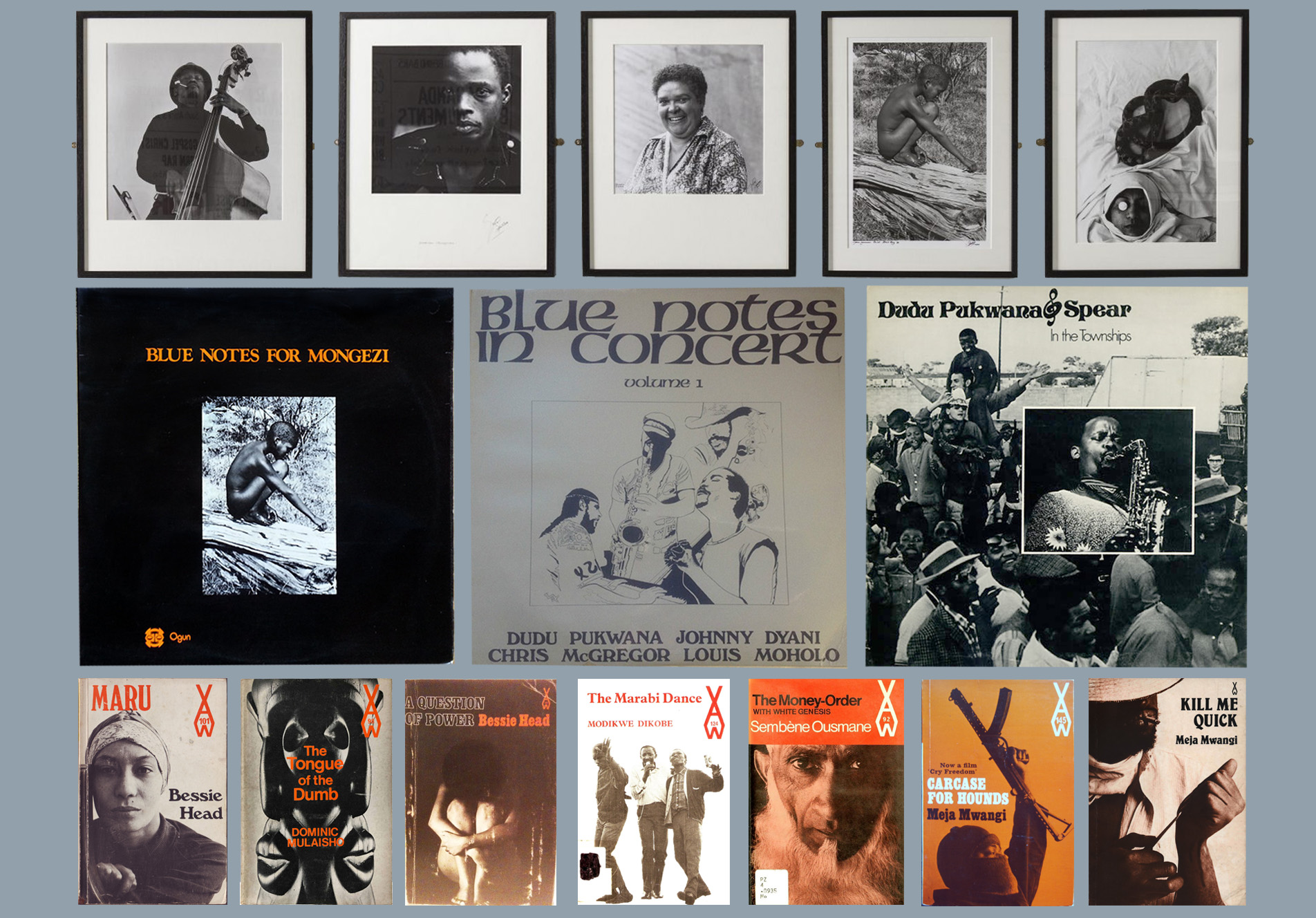

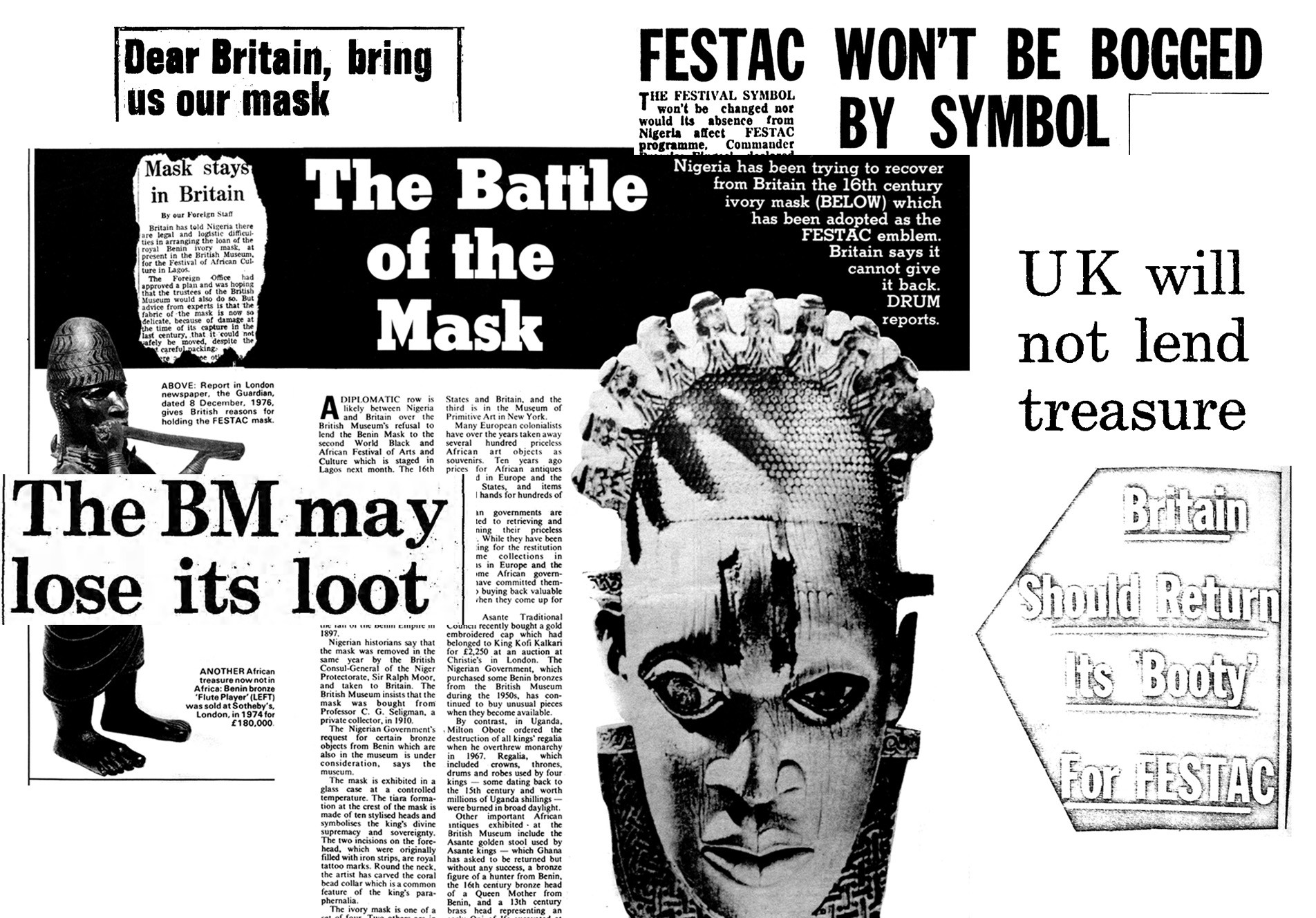


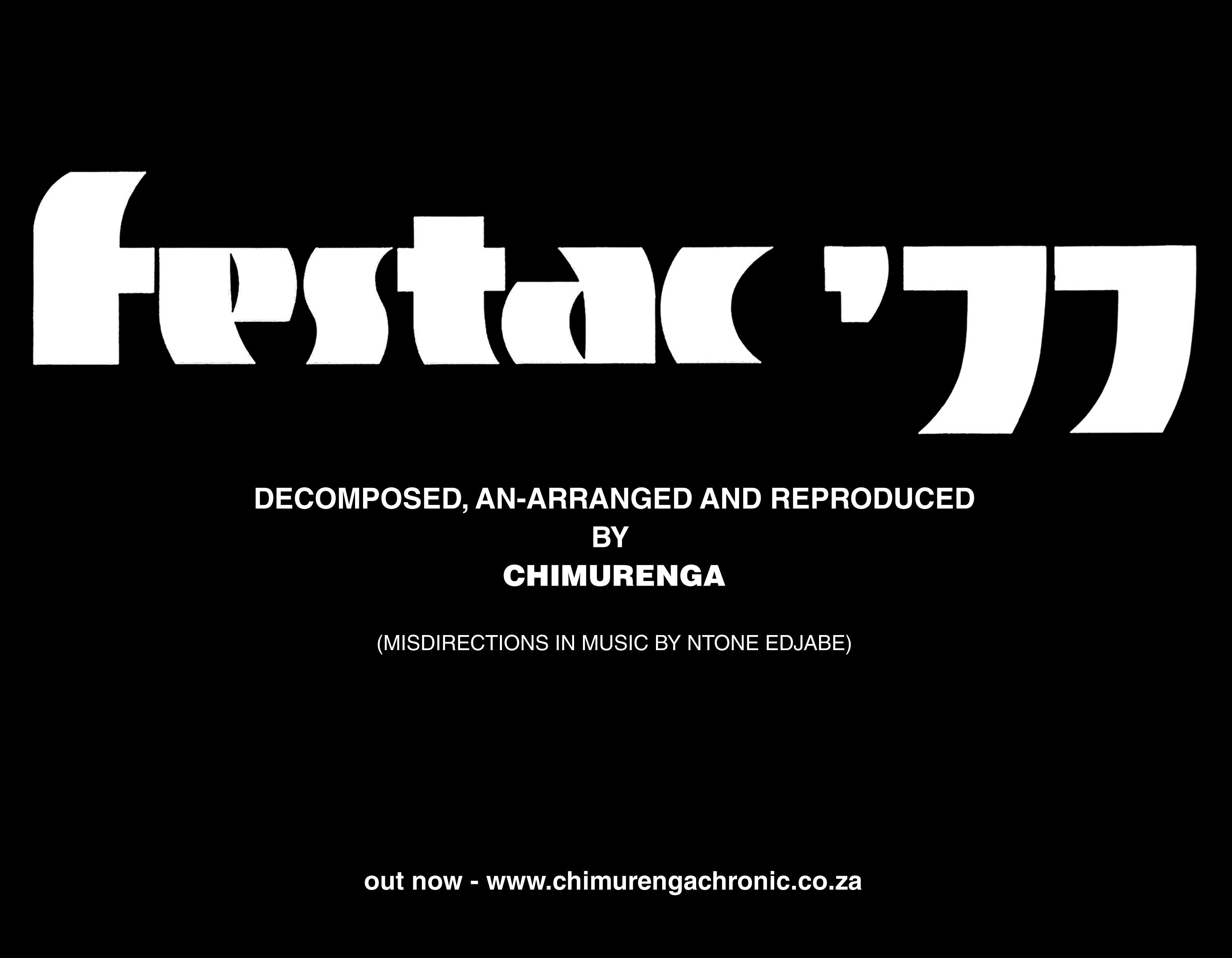





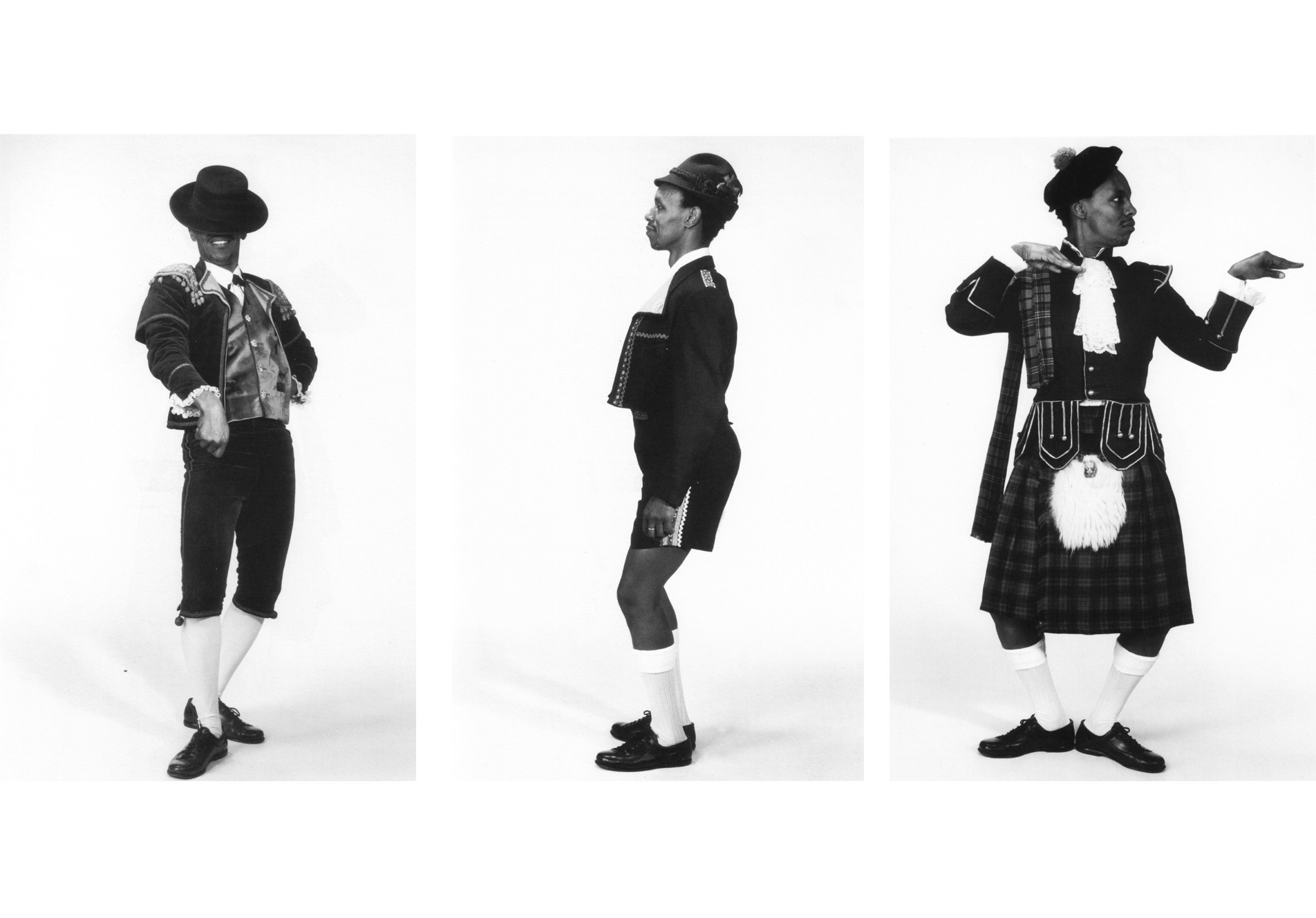



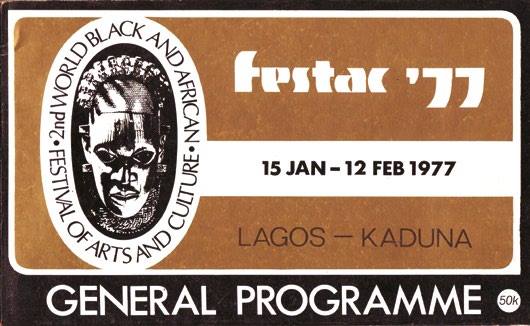







No comments yet.